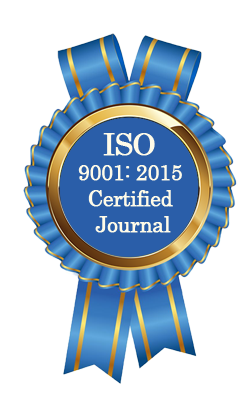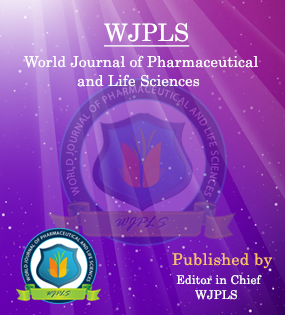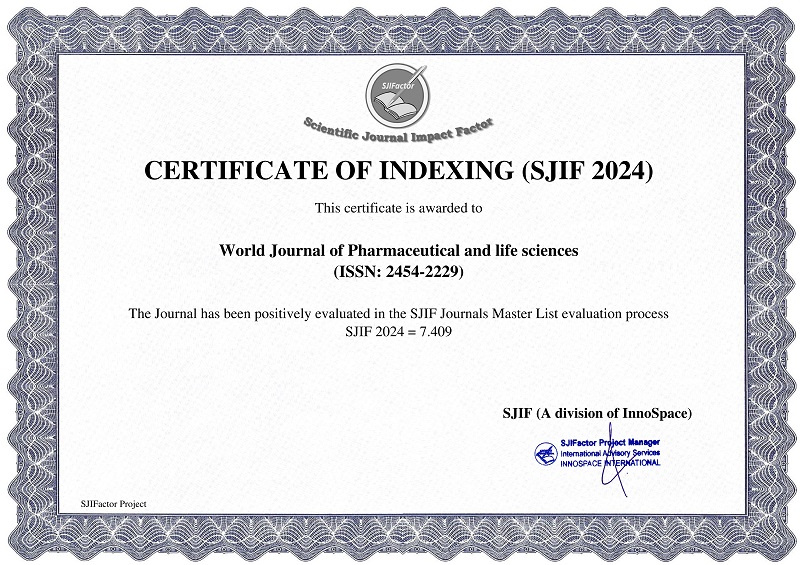Abstract
LONG TERM HAZARDS OF PESTICIDES ON FARM LABOR: A CLINICAL SURVEY STUDY
Dr. Dinesh Kumawat*, Dr. Sharad Maroti Porte, Dr. Monika Sharma
ABSTRACT
After green revolution the consumption and utilization of pesticides has been increased, this causes long term hazards of pesticides in human beings directly or indirectly. As the farm labor has directly exposed to pesticide during the spraying the continuous persistent long term exposure of pesticides causes chronic cumulative toxicity. Though the chronic toxicity of Tuth (cu sulphate) which is known as a earliest pesticide mention in Ayurveda has found but the toxicity of chemically composed pesticides like organophosphate has not mention in Ayurveda but there is need of time to know everything about toxicity of chemically composed pesticide in aspect of Ayurveda so that Ayurvedic protocol for clinical management of pesticides should be developed. Hence this survey study ‘’Long term hazards of pesticides on farm labor’’in Tada village of Ramgarh tehsil district Jaipur, Rajasthan has been carried out. 100 farm labor that had history of exposure to pesticides since more than five years during spraying were selected for survey study randomly. Difficulty in breathing was found maximum in Respiratory system. Headache along with anxiety, trouble sleeping, memory loss, dizziness, trouble in concentration were found maximum in Nervous system. Dermatological manifestation like itching and rashes were found in most of the patients. Maximum patient were found who having vitiation of pureshvaha srotas followed by Rasvaha, Annavaha, Pranavaha along with vitiation in rakta and rasa dathus.
[Full Text Article] [Download Certificate]WJPLS CITATION 
| All | Since 2019 | |
| Citation | 422 | 322 |
| h-index | 9 | 7 |
| i10-index | 4 | 2 |
INDEXING
NEWS & UPDATION
BEST ARTICLE AWARDS
World Journal of Pharmaceutical and life sciences is giving Best Article Award in every Issue for Best Article and Issue Certificate of Appreciation to the Authors to promote research activity of scholar.
Best Article of current issue
Download Article : Click here





